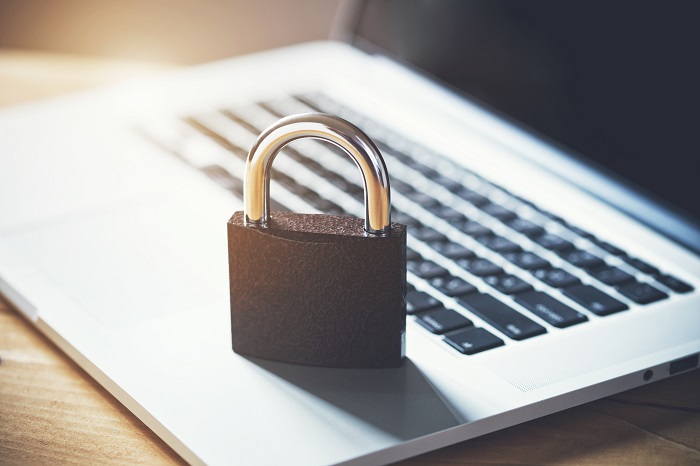You get an email from the CIA saying you’re owed $1.5 million. First, you must send $320 and your personal information, then you will get an ATM card with the PIN code to collect.
Sounds too good to be true, right? It is. It’s gotten so bad that the U.S. Secretary of State has issued a warning stating that they will never ask for your personal information via email.
Some of the scammers use scare tactics and try to intimidate or frighten potential victims. They pose as the IRS, FBI and the Internet Crime Complaint Center (IC3).
If you receive an email that is threatening or too good to be true, follow these steps:
• Stop. Don’t do anything with it.
• Don’t pay any money or send a prepaid debit card.
• Don’t provide your personal information to anyone.
• Report the scams to the FTC and local law enforcement.
Want more helpful tips? Subscribe to our blog. You can also reach out to one of our Certified Fraud Examiners Edward Schmitz or Betsy Rice or complete the form below.
*Information for this blog was taken from the article “Impersonating the Good Guys,” written by Robert E. Holtfreter in the May/June 2018 issue of Fraud Magazine.
Contact Us
Blog
Nonprofit Insights

